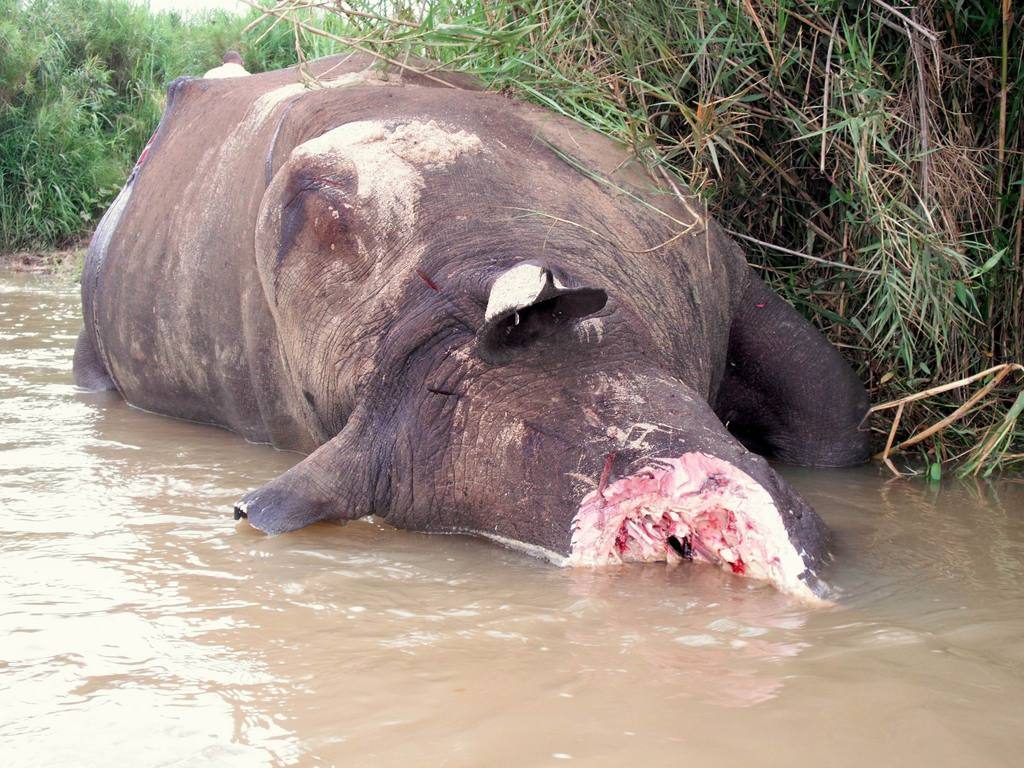PP has learned from a South African researcher that North Korean diplomats have reduced their buying and selling of ivory and rhino horns over the last year.
For a regime that has been involved in the slaughter and sale of African wildlife for over 30 years, this sudden change in behaviour appears strange. Kim Jong Un is happy to conduct poisonous nuclear tests, so its hard for PP to imagine that he’s suddenly developed an environmental conscience.

So what could be driving his change of mind?
It looks like a final effort to save the reputation of North Korea’s embassies overseas after its diplomats were caught in a series of embarrassing acts.
In September and October 2016 two North Korean diplomats were separately detained in Addis Ababa for smuggling ivory. In March 2016 a North Korean diplomat in Tanzania was kicked out for ivory and drug trafficking in Zambia and South Africa using a forged passport. Embarrasingly – and widely reported in the global media, in May 2015, Pak Chol-Jun and Kim Jong-Su, both North Korean diplomats based in Pretoria, were arrested with 4.5 kilograms of rhino horns in Maputo. (See article here.)
These are not isolated cases. For decades, the criminal trade in African wildlife has been a valuable source of income for the regime in Pyongyang. The Global Initiative Against Transactional Organised Crime reported in 2016 that North Korean diplomats have been caught smuggling horn and ivory at least 18 times since 1986. (See article here.) The extensive trade also ties in to the wider political destabilisation. For example, in 2009 North Korea provided arms and training to military groups in the DRC and Ethiopia in exchange for diamonds and ivory. These goods were smuggled out for resale to organised crime groups in Thailand.
With this long and negative history in Africa, is the DPRK going to stop its involvement in wildlife crime? It doesn’t seem likely to PP.
Indeed, the regime already appears to have lost control of the issue. PP has learned that in the last few months, middlemen in West Africa claimed that DPRK labourers in Africa were continuing to smuggle ivory for their own personal profit. North Korean workers are a source of cheap labour in poorly managed mining projects in the forests of West and Central Africa. Forced to hand over all of their wages to Kim Jong Un’s nuclear pet project, PP doesn’t think that they will stop exploiting Africa’s wildlife to make some money on the side.
North Korean involvement in wildlife crime looks likely to continue. African governments must unite to stop these criminal acts. Pyongyang’s diplomats overseas must not be allowed to continue destroying Africa’s natural wealth for their own benefit.

